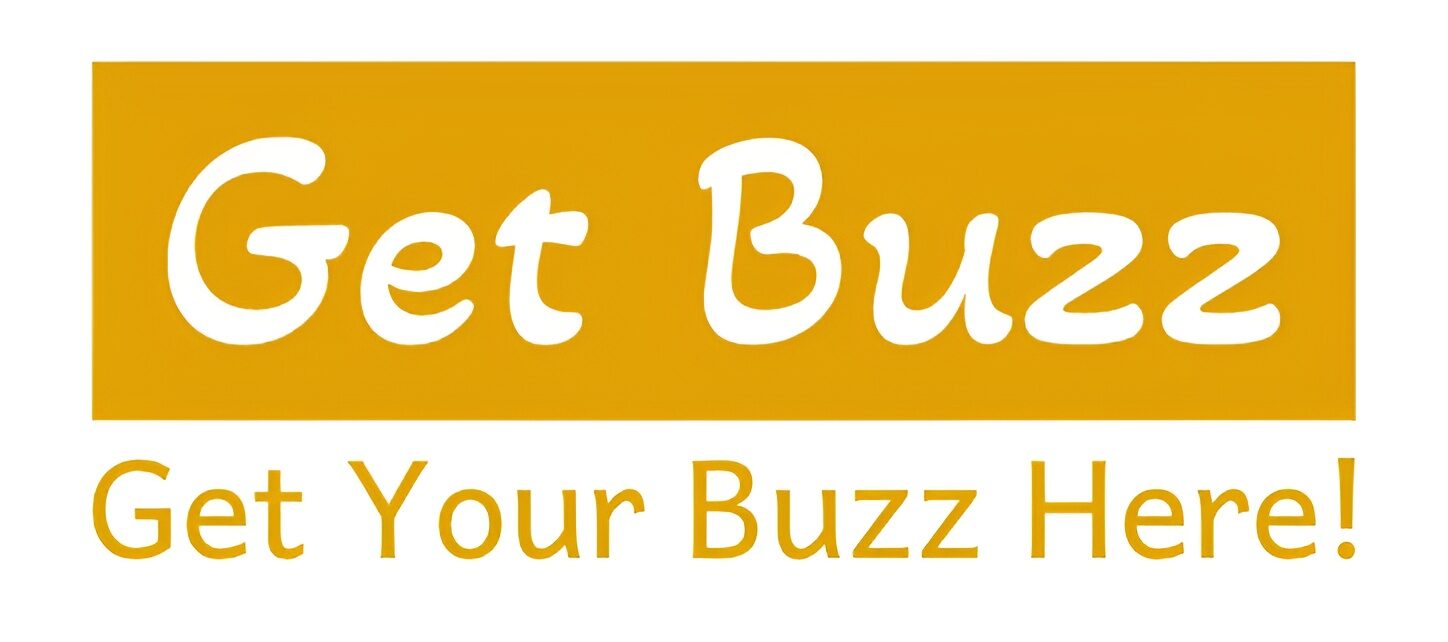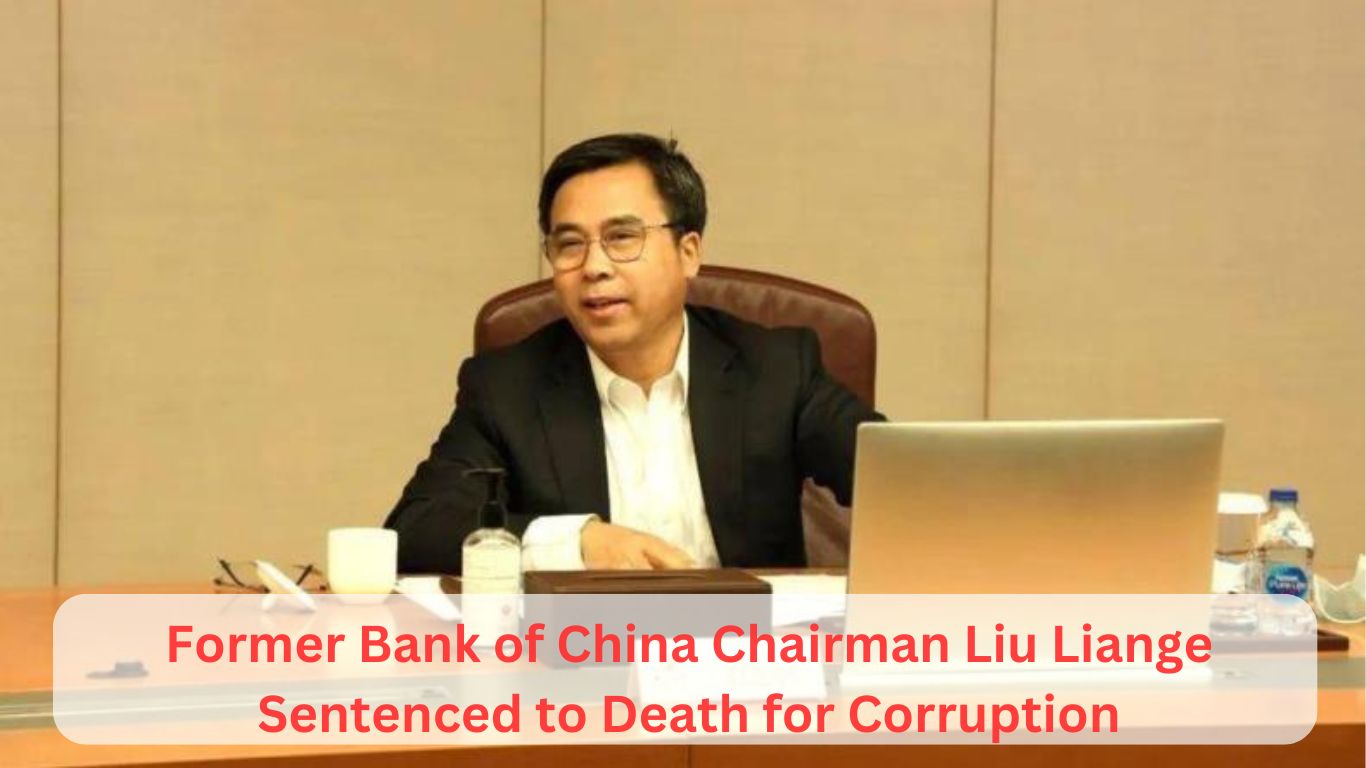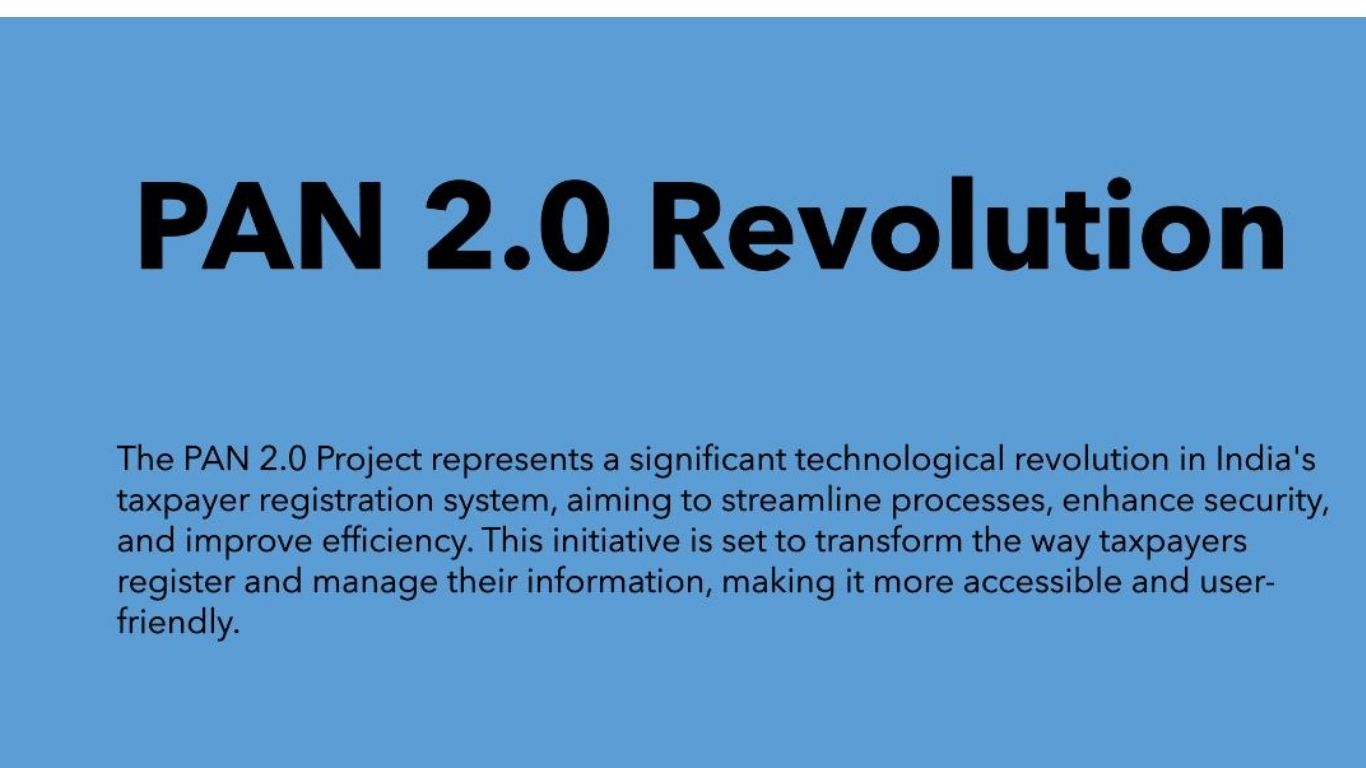Building Bridges: The Role of Dialogue in Strengthening Democratic Norms
In the complex tapestry of modern governance, democracy stands as a guiding principle that advocates for the representation of diverse voices and the equitable distribution of power. However, in an increasingly polarized world, the practice of democratic ideals often faces significant challenges. Discontent, distrust, and division threaten to unravel the social fabric crucial for a healthy democracy. In this context, dialogue emerges not just as a tool for communication but as a fundamental mechanism to bridge divides, engage citizens, and reaffirm democratic norms.
Understanding Dialogue as a Fundamental Democratic Tool
At its core, dialogue is the process through which individuals and groups share perspectives, negotiate differences, and seek common understanding. This form of conversation is distinct from debate; it prioritizes listening and empathy over competition and winning. By encouraging open exchange, dialogue fosters an environment in which people can express their views while remaining open to those of others.
The importance of dialogue in strengthening democratic norms cannot be overstated. It serves critical functions:
-
Encouraging Mutual Understanding: When people engage in dialogue, they step outside their echo chambers. This exposure to differing perspectives not only broadens horizons but also cultivates empathy. In a democratic society, understanding diverse viewpoints is vital for coexistence and cooperation.
-
Building Trust: Trust is the currency of democracy. Without it, institutions falter, and societal cohesion erodes. Constructive dialogue can help restore trust by demonstrating a commitment to transparency and collaboration. It allows citizens to see that their voices matter and that their grievances are acknowledged.
-
Facilitating Accountability: Open dialogue creates opportunities for citizens to engage with their leaders and hold them accountable. Democratic governance hinges on the ability of citizens to question authority and advocate for their rights. Dialogue, therefore, empowers people to participate actively in the democratic process rather than remaining passive observers.
- Empowering Marginalized Voices: In many societies, certain groups have historically been sidelined in political discussions. Dialogue initiatives that prioritize the inclusion of marginalized communities amplify their voices and ensure that the concerns of all citizens are addressed. This is essential for creating policies that are truly representative and just.
Case Studies: Dialogue in Action
Several countries have successfully employed dialogue as a mechanism for fostering democratic engagement and resolving conflict. One notable example is South Africa’s transition from apartheid to a democratic society. The establishment of the Truth and Reconciliation Commission (TRC) provided a platform for open dialogue about past injustices, allowing victims and perpetrators to share their stories. This process not only helped heal a fractured society but also laid the groundwork for a new democratic governance structure characterized by accountability and inclusivity.
Similarly, in Canada, the practice of Indigenous-led dialogues has emerged as a crucial means of reconciliation between Indigenous peoples and non-Indigenous settlers. These dialogues seek to address historical grievances and promote understanding of Indigenous rights and sovereignty. By acknowledging and valuing Indigenous perspectives, Canada strengthens its democratic framework and works toward a more equitable society.
Challenges to Dialogue in the 21st Century
Despite its benefits, fostering dialogue in contemporary society comes with substantial challenges. The rise of social media has created polarized echo chambers, making it increasingly difficult for individuals to engage with opposing viewpoints. Misinformation and disinformation further complicate these dynamics by fostering distrust and deepening divisions.
Moreover, structural barriers—such as economic inequality, systemic racism, and political disenfranchisement—must be addressed to ensure that dialogue is accessible to all citizens. It is critical that democratic leaders prioritize inclusivity and seek out marginalized voices, ensuring that dialogue spaces are open and equitable.
Conclusion: A Call to Action
Strengthening democratic norms in the face of division requires a collective commitment to dialogue. As individuals, communities, and leaders, we must embrace the principles of listening, empathy, and understanding in our interactions. It is through dialogue that we can foster a sense of belonging and shared purpose, ultimately building bridges over chasms of distrust.
In this complex and often tumultuous landscape, let us not underestimate the power of conversation. By harnessing dialogue as a tool for democratic engagement, we can create a more inclusive, equitable, and resilient society—a place where every voice matters, and every person has a stake in the democratic process. It is time to build bridges, not walls, and to reaffirm our commitment to the ideals of democracy that unite us.















